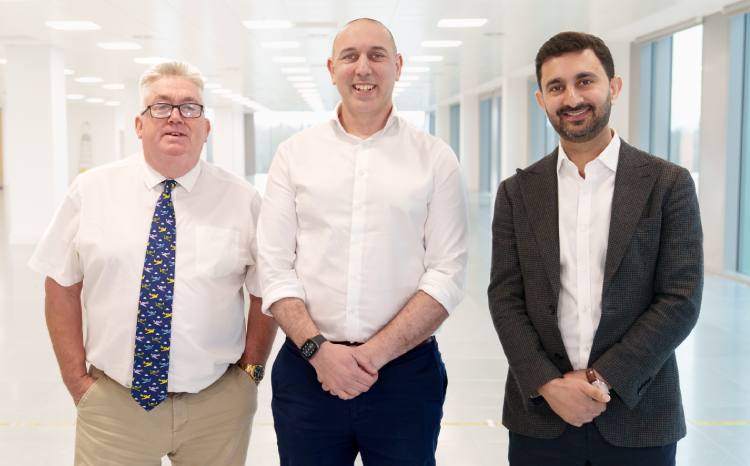Testing times for Epic at Cambridge
- 25 November 2014

Cambridge University Hospital NHS Foundation Trust was forced to declare a “major incident” and divert ambulances to other hospitals for five hours after its new electronic patient record became unstable a week after go-live.
The trust has also had “significant problems” with its pathology system, with problems matching test results to patients. It has asked GPs to stop all routine blood tests at short notice.
The trust says most of the problems reported by its local clinical commissioning group occurred shortly after go-live and are being addressed.
A report on the Epic implementation from the NHS Cambridgeshire and Peterborough CCG was presented to a recent meeting of the Cambridgeshire County Council’s health committee, which is investigating pressures on the local healthcare system.
The report indicates that there were “significant problems” with the implementation in its first week, and that there are ongoing issues with pathology and referrals.
It also says other parts of the healthcare system are working hard to support the hospital with ‘business as usual’ while these are resolved.
Despite this, a trust spokesperson said in a statement issued to EHI: “It's important to recognise that well over 90% of the implementation of eHospital on 26 October has gone successfully.
“The majority of the problems highlighted in the CCG report occurred early on and have been addressed, with the systems returning to normal over the last three weeks.
“We have, as always, put the safety of patients first when dealing with these issues. We are working very closely with the GPs and wider NHS to iron out the remaining problems, and we appreciate their ongoing support.”
The release of the report comes roughly a month after the Cambridge University Hospitals became the first in the UK to implement the Epic EPR as part of a £200m IT overhaul.
When the trust chose Epic ahead of Allscripts and Cerner, the decision was seen by many as one of the most important NHS IT procurements in recent years.
However, the CCG’s report confirms local reports of problems following the go-live in the early hours of 26 October.
These relate particularly to the ommunication of pathology results through the trust’s systems and those of The Pathology Partnership, a pathology service joint service between it and five other trusts in the east of England.
“While some problems have been resolved, there are ongoing issues with pathology codes and reporting, leading to difficulty matching test results to patients, requiring re-checking.”
The CCG report says GPs were asked to stop all routine blood tests at short notice. Patients attending GP practices for tests had to be turned away, while some completed tests had to be discarded and repeated.
The trust has also reported problems with district nursing referrals, with the Cambridgeshire Community Services NHS Trust reporting in early November that instead of getting 20 referrals per day, it had only received four over a five day period.
After an investigation did not lead to an improvement, the trust agreed to put a paper-based solution in place to ensure appropriate referrals for district nursing and maternity services are made until the technical issues are resolved.
On the evening of 1 November, the trust was forced to declare a “major incident” after the Epic system became unstable.
The trust switched to a read-only version of the software at 11.15pm that evening, before the system was restored at 2.27am the next morning following “expert technical advice and action from suppliers”.
All ambulances were rerouted to different hospitals for five hours while the system was down.
The report says the trust has reported a serious incident relating to issues in the immediate go-live period, with an investigation underway. It has also briefed the Care Quality Commission, Monitor and local MPs about the problems.
The CCG says it is in close communication with Cambridge and has been providing updates to GPs.
The trust is holding daily incident meetings to collate complaints and incident reports and address the four main problems with pathology, discharge letters, outpatient letters and outpatient appointments.
The trust says it remains confident that Epic will pay off. “eHospital will put us at the forefront of technological change within the healthcare system, implementing a paperless system years before it is mandated by government,” its statement concluded.
Read an exclusive interview with Cambridge CCIO Dr Afzal Chaudhry about the report and the trust's confidence in the future of its deployment in Insight.




